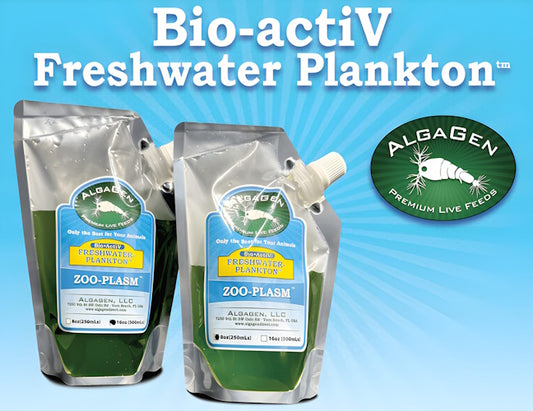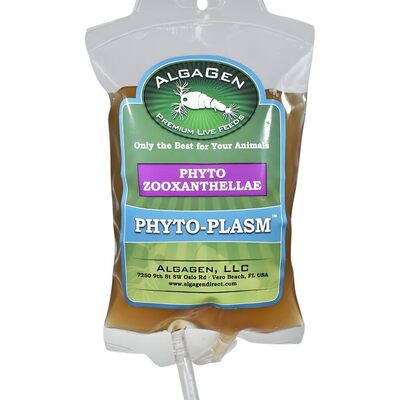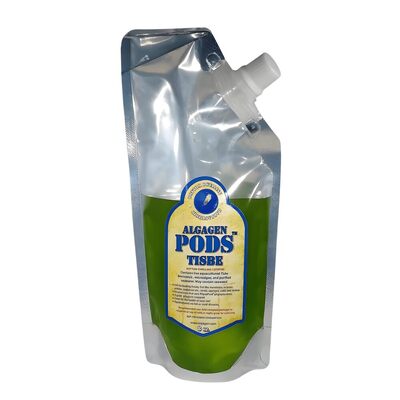In the vibrant world of saltwater aquariums, the health and vitality of the fish are paramount. Saltwater fish require a balanced diet enriched with various vitamins and minerals to thrive like their terrestrial animal counterparts. Understanding the essential vitamins and minerals for saltwater fish can significantly enhance their coloration, boost their immune system, and improve overall health, ensuring that these stunning creatures live a long and prosperous life under your care.
The Role of Vitamins in Saltwater Fish Health
Vitamins are organic compounds that are crucial in small amounts for various physiological functions, including growth, reproduction, and health maintenance. For saltwater fish, vitamins prevent disease and ensure daily biological processes are carried out effectively.
Vitamin A
Vitamin A is vital for saltwater fish, influencing skin and fin regeneration, enhancing coloration, and supporting vision. A deficiency in Vitamin A can lead to poor growth rates, skin lesions, and a dull appearance, which can affect the overall health of the fish. Regularly incorporating feed that is rich in this vitamin can help maintain vibrant colors and optimal health.
Vitamin D
This vitamin is crucial in calcium absorption, a necessary element for proper bone development and strength. In saltwater environments, where natural sunlight is minimal, supplementing Vitamin D in the diet of fish becomes essential. It ensures that they can maintain strong skeletal structures and avoid deformities.
Vitamin E
Known as a powerful antioxidant, Vitamin E is essential for protecting the fish's cells from damage caused by free radicals, which can be exceptionally high in closed aquarium systems. It also aids in fat metabolism and reproductive health. Without sufficient Vitamin E, saltwater fish might experience muscle degeneration, reproductive issues, and increased susceptibility to illness.
Vitamin C
Saltwater fish, like humans, cannot synthesize Vitamin C and must obtain it through their diet. It is crucial for collagen production, aiding wound healing and skeletal health. Moreover, Vitamin C boosts the immune system, helping fish ward off infectious diseases that can thrive in aquarium settings.
Essential Minerals for Saltwater Fish
Minerals, inorganic substances found in the earth and water, are equally essential for the health of saltwater fish. They participate in various biochemical processes by supporting enzymatic functions and enhancing physiological responses.
Calcium
In the ocean, calcium is abundant, but in an aquarium, maintaining adequate calcium levels is vital, especially for fish that require high levels in their external structures, such as bones and scales. Calcium works with Vitamin D to ensure healthy bone growth and regeneration.
Magnesium
Magnesium plays a multifaceted role in saltwater fish's health by helping regulate various biochemical reactions in the body, including protein synthesis and muscle and nerve function. It also helps regulate the balance of other minerals like calcium and potassium, which are vital for healthy heart function.
Iodine
Essential for thyroid function, iodine affects metabolic rates in fish. A lack of iodine can lead to goiters, lethargy, and even reproductive failure. Ensuring that your saltwater fish have sufficient iodine can promote vigorous health and vitality.
Potassium
Potassium is critical for normal muscle function and plays a role in nerve signals and heartbeat regulation in saltwater fish. A balance of potassium is necessary to prevent diseases related to the heart and muscles, maintaining the overall health of the fish.
Incorporating Vitamins and Minerals in Diets
A varied diet is crucial to ensure your saltwater fish receive a balanced intake of these essential nutrients. This can include high-quality commercial feeds specially formulated with vitamins and minerals for saltwater fish. Natural food sources like seaweed can also provide many of these nutrients, particularly iodine and potassium.
Supplementing your fish's diet with specific vitamins and minerals through the water column is also beneficial, especially in highly controlled environments like aquariums, where natural sources might be limited. However, care must be taken to avoid over-supplementation, which can lead to toxicity and adversely affect the health of the fish.
Conclusion
Vitamins and minerals for saltwater fish are fundamental to their survival and well-being. By understanding the specific needs of your marine inhabitants and providing a balanced diet enriched with these essential nutrients, you can ensure that your saltwater aquarium remains a thriving and vibrant ecosystem. Regular monitoring and adjusting their dietary intake can help prevent deficiencies and promote a healthy, lively community of saltwater fish.





Recent post